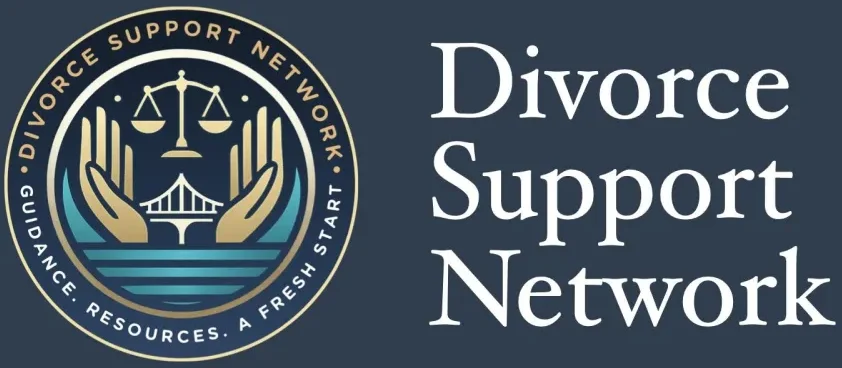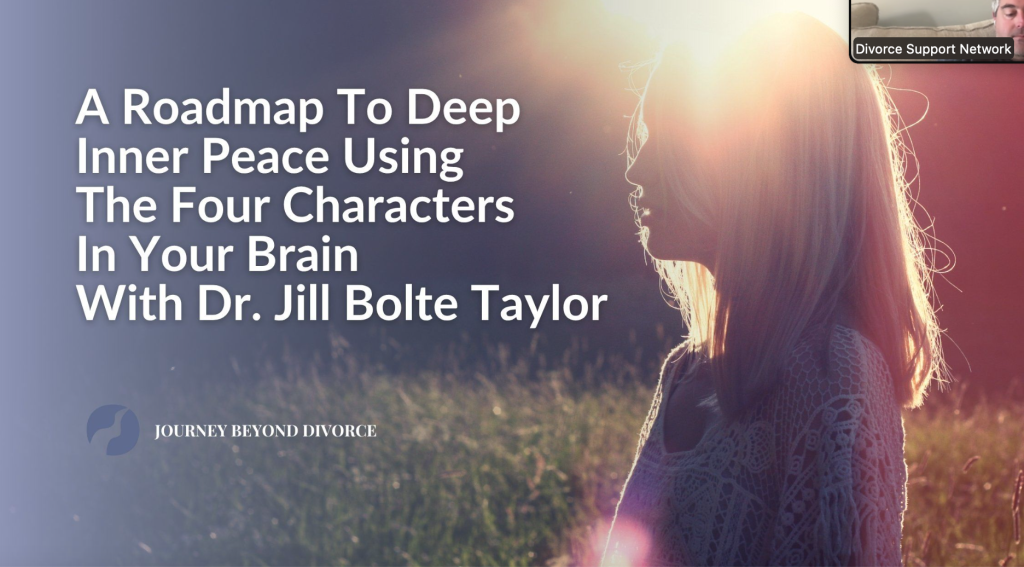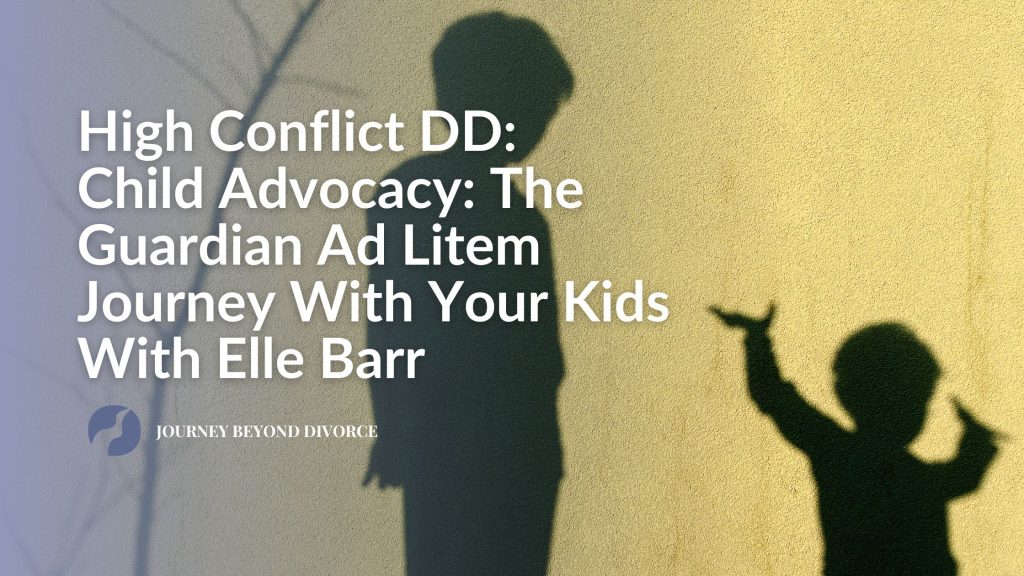Why Therapy Is One of the Most Powerful Tools You Can Have During Divorce

Divorce is more than a legal event. It’s a deeply emotional, deeply personal experience — the kind that can shake your identity, your confidence, and your sense of safety all at once. It’s grief, it’s fear, it’s relief, it’s anger, it’s confusion. It’s all of it, often within the same day. And while your lawyer may help you sort out the legal documents, and your friends may cheer you on with wine and well-meaning pep talks, there’s a kind of support that goes deeper: therapy.
At Divorce Support Network, we believe that mental and emotional health matter just as much as legal protection and financial security. That’s why we connect our members with experienced, compassionate therapists who understand the emotional toll divorce can take — and who are trained to help you process it in a safe, supportive space.
If you’ve never been to therapy before, the idea might feel intimidating, unnecessary, or even indulgent. But therapy during divorce isn’t about “fixing” you. It’s about helping you hold what you’re going through, without judgment. It’s about untangling the thoughts that keep you up at night, finding language for emotions that feel too big to name, and learning how to move forward when the ground under you is shifting.
A good therapist doesn’t tell you what to do. They don’t hand you a to-do list or shame you for struggling. They listen. They reflect. They ask questions that help you discover your own clarity, your own boundaries, your own strength. And during a divorce — especially one that involves trauma, betrayal, or years of emotional disconnection — that kind of support can be life-changing.
Therapists also help with the ripple effects of divorce that aren’t always talked about. The loneliness. The identity crisis. The guilt over how your kids are handling it. The way your nervous system seems to stay stuck in fight-or-flight mode, even when things are “technically” over. These aren’t just emotional hiccups — they’re very real, very human responses to massive life change. You don’t need to muscle through them alone.
And if you’re co-parenting or navigating a high-conflict dynamic, therapy becomes even more valuable. A therapist can help you manage emotional triggers, set healthy boundaries, and learn how to protect your peace — especially when your ex is pushing every button. If you have children, your emotional regulation matters more than ever. Therapy helps you show up for them in a calm, consistent way — even on days when everything feels like too much.
For people who’ve experienced emotional abuse or manipulation in their marriage, therapy can also be a mirror that gently, slowly helps you recognize what was really happening. You may not even realize how much you’ve internalized blame, fear, or self-doubt until you start saying it out loud in a safe space. That kind of healing isn’t easy — but it’s the path toward reclaiming your voice, your self-worth, and your power.
Within the Divorce Support Network, we help you find therapists who aren’t just licensed professionals, but who truly get the divorce experience. Whether you’re looking for trauma-informed care, support for your children, therapy for co-parenting conflict, or simply someone to help you feel seen again, we’ve built a trusted network of providers who are here for you — without judgment, without pressure.
Sometimes therapy is the space where you finally exhale. The place where you don’t have to be strong or put together or “over it.” The place where your feelings are allowed to take up space. And from that space, real healing can begin.
You don’t have to carry it all alone. You don’t have to figure it all out at once. And you don’t have to pretend you’re okay when you’re not.
You just need a place to land — and a guide who can help you rise.
We’ll help you find that here.





